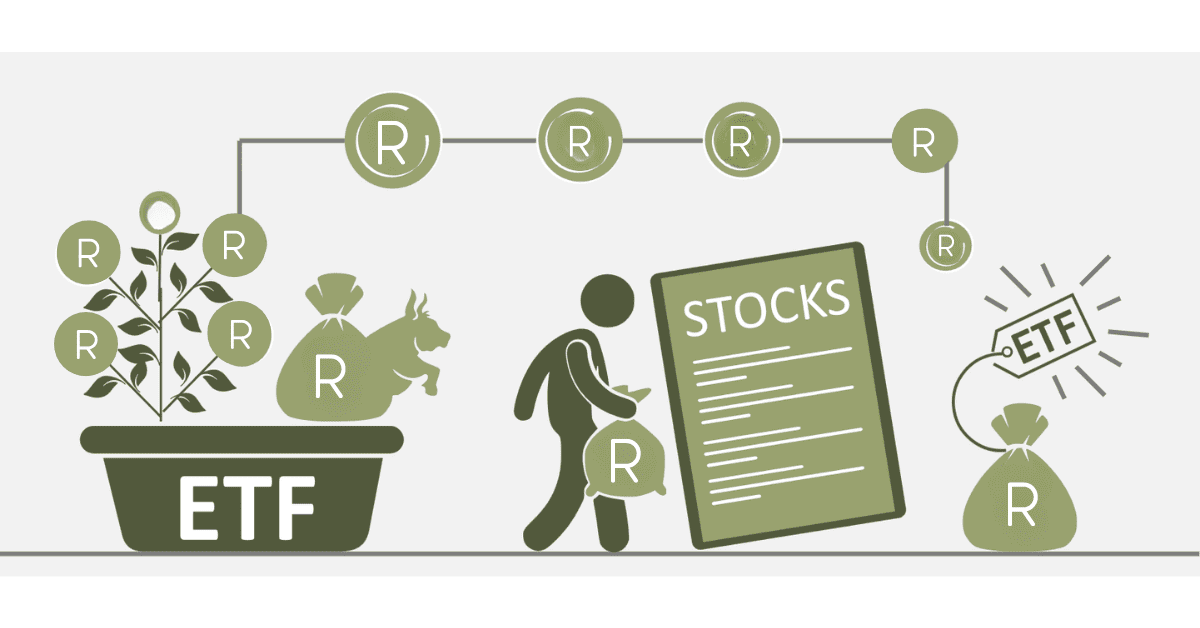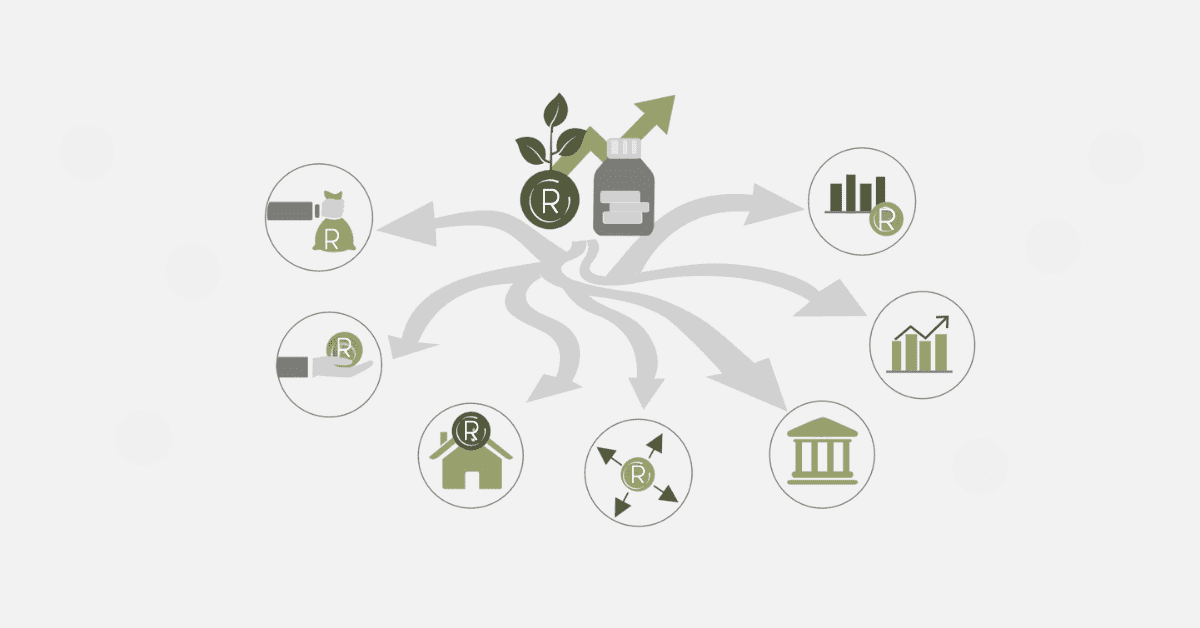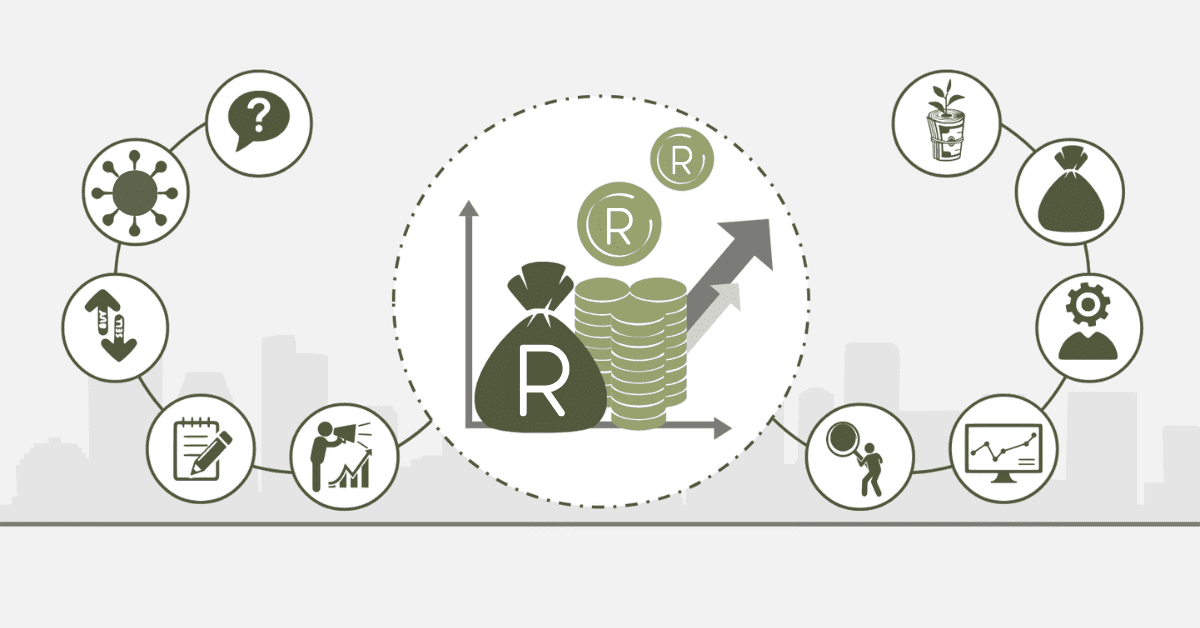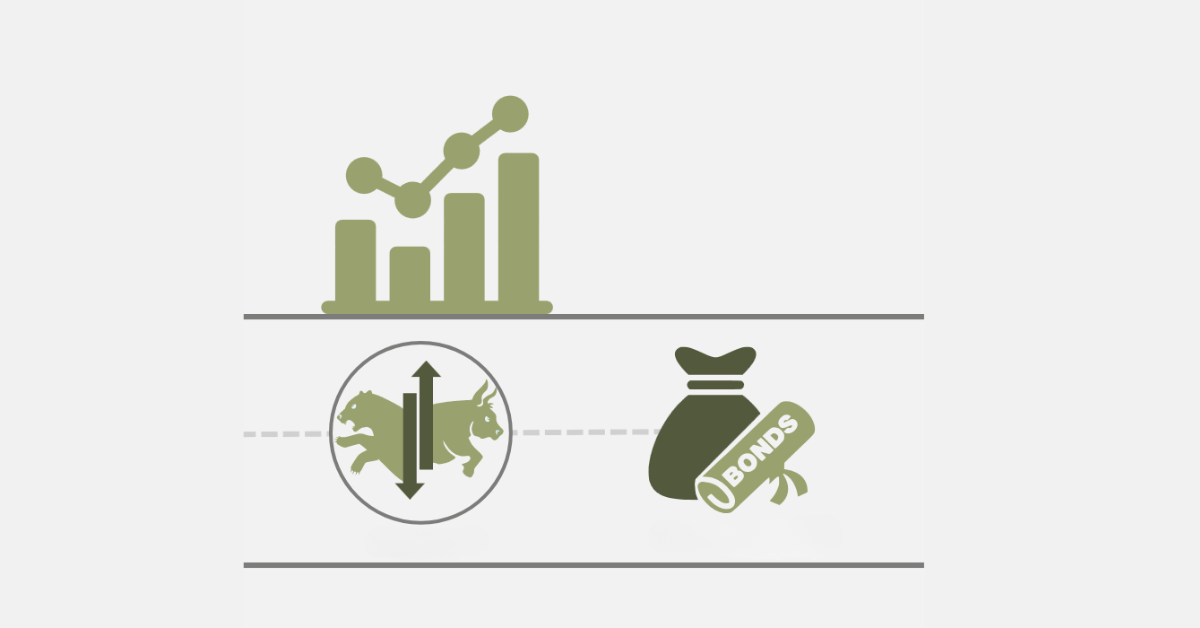Investing in these ventures forms one of the most critical aspects of monetary planning. Besides, it has become indispensable with numerous diverse investment opportunities in South Africa. People go through different life cycles, and most things surrounding them are doomed to keep changing with it. The financial goals change with time, and risk tolerance, among other investment strategies, will keep changing. Knowing what type of mutual funds to choose at what stage of life can make a much more informed and priceless investment decision.
- ADVERTISEMENT -
Which Mutual Funds Should One Pick at Different Life Stages?
- Young Adults (Ages 20-30): Growth, with a view to wealth accumulation, is the prime concern for the people in this age bracket. Equity mutual funds would be suitable, more so the growth-oriented ones, because they invest most of the corpus in equity, which is bound to carry a higher risk with potential long-term returns.
- Middle-Aged Investors (Ages 30-50): The ages of 30-50 find investors commonly building a solid portfolio while having to consider family and retirement. In such respect, the balanced or hybrid mutual funds will combine equity and fixed-income securities to be imperative.
- Pre-Retirement (Ages 50-65): During this stage, the years leading to retirement, the key is capital preservation. Conservative investors could now move into bond or even income-oriented funds where return stability is more crucial than high growth. Money market funds could also be one of the options available within South Africa during this stage; liquidity is available with safety and reasonable returns.
- Retirees (Ages 65 and Above): In this stage, the focus would be on income generation from investments. Growth seekers can still find a place in equity funds within the portfolio, but mutual funds with the generation of income, such as dividend funds and fixed-income funds, are better suited to them. The retirees in SA also need to consider funds investing in REITs to diversify income streams created via property investments.
What Are the Different Mutual Fund Types?
- Equity Mutual-Based Funds: These categories invest primarily in the stock market. In addition, they are classified further into subcategories. The classes include large-cap, mid-cap, and small-cap funds. These usually contain higher risks with good potential for substantial long-term growth and are therefore suitable for a young adult and aggressive investors.
- Debt Funds: They usually invest in fixed-income, bonds, and government securities. They are, therefore, less volatile, unlike the equity cases. Thus, they are suitable for conservative capitalists who look for predictable returns. The debt funds in South Africa may involve government and corporate bonds.
- Balanced or Hybrid Funds: These funds invest in equity as well as fixed-income papers, with the objective of growth cum income. A fund for middle-aged investors should balance their risks and returns.
- Index Funds: These funds track the return of a particular market index, such as the JSE All-Share Index. Typically, they have less weighty fees and give broad market exposure.
- Money Market Funds: They invest in short-term debt instruments. Besides that, they are basically low-risk investment options and are ideal for conservative capitalists who want their ventures highly liquid and seek to preserve capital.
- Sector Funds: Funds investing in select sectors of the economy, such as technology, healthcare, or real estate, even promise greater risks owing to concentrated exposure but can yield significant returns if the chosen sector does well.
- International Funds: These would invest in foreign markets, allowing South African investors to diversify portfolios internationally.
- ADVERTISEMENT -
How Do You Analyze Which Mutual Fund Is Better?
- Investment Objective: Once more, the investor should be conscious of consolidating the investment goal for which the fund has been set up. This should be stated forthrightly if it is for growth, income, or capital preservation. The fund’s objective should align with your financial objectives; otherwise, that would not be a sound investment.
- Historical Performance: While a fund’s historical performance does not tell anything about its future, the historical performance analysis may indicate its management’s efficiency in different market situations. Relate the fund’s returns to those of its benchmark index and peer funds to get an idea about its relative performance.
- Expense Ratio: It’s the ratio that describes, in percentage terms of its assets under administration, the annual fees of the fund. A general rule of thumb will be to have low expense ratios because, over time, high fees tend to cut returns. While comparing any two funds, one must consider the expense ratio and the value that each such fund brings in.
- Fund Manager Experience: The fund manager’s experience and past performance reflect the fund’s management style. An experienced manager with an enviable track record is considered more reliable in deciding market fluctuations.
- Risk Assessment: Your risk tolerance is the primary determining factor that you would need to consider before identifying and selecting a fund. The more aggressive funds have higher potential returns, but the risks are more significant.
- Asset Allocation: Check the fund’s portfolio composition. This distribution of its assets between equities, bonds, and other instruments will help you understand whether this aligns with your investment strategy and risk appetite.
- Liquidity: Check the liquidity of that particular fund and how quickly one can get out of it. A highly liquid fund is generally preferred if the investor wants quick access to cash.
How Do I Know If My Mutual Fund Portfolio Is Good or Bad?
- Performance Against Benchmarks: Suppose you invest in equity mutual funds; you will be measuring your return against that of the JSE All Share Index. A portfolio that is consistently underperforming its benchmark may need revision.
- Risk-Adjusted Returns: The higher the Sharpe ratio, the stronger the risk-adjusted return, hence the better balance between reward and risk the portfolio attains.
- Consistency of Returns: Assess how your portfolio return has come into being over different periods. Wild swings in return indicate that the portfolio is not diversified or overinvested in volatile assets.
- Asset Allocation Alignment: It should align with your venture objectives and risk tolerance. Reflect on any changing phases in your life that may have altered your risk profile.
- Expense Ratios: The higher the fees, the more they will affect your overall return. Consider selling off costly funds if their returns do not warrant the high costs.
- Rebalancing Needs: Due to changes in market conditions, your asset allocation may change from what you have targeted; hence, periodic rebalancing puts your portfolio on target toward your goals.
- Financial Goals Review: As the situation of an investor changes, it is necessary for the investment approach and portfolio mix to change, reflecting new goals.
- ADVERTISEMENT -
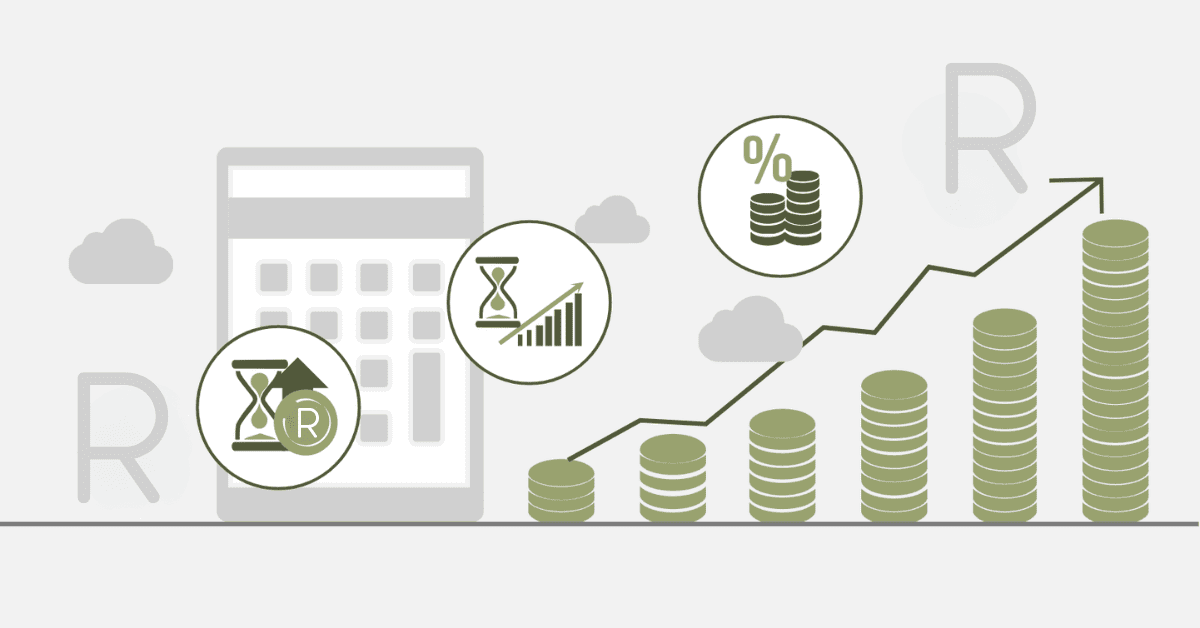



![Internal Rate of Return [IRR] – Calculation](https://www.searche.co.za/wp-content/uploads/internal-rate-of-return.webp)



